Britain & Ireland
What was it about industrialisation that led to the emergence of a woman’s movement in Victorian Britain? Why do we see so many people fighting for so many rights and liberties in this period and what are the origins of some of the issues we still campaign on today? This section includes our major series on Social and Political Change in the UK from 1800 to the present day. There are also articles and podcasts on the often violent relationship between England and Ireland during this period and England’s changing relationship with Scotland and Wales. Read more
Sort by:
Date (Newest first) | Title A-Z
Show:
All |
Articles |
Podcasts |
Multipage Articles
-

'Spy Fever' in Britain, 1900 to 1914
ArticleClick to view -
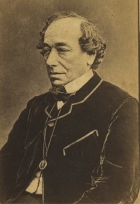
'The end of all existence is debarred me': Disraeli's depression 1826-30
ArticleClick to view -

'Wanted, The Elusive Charlie Peace': A Sheffield Killer Of The 1870s As Popular Hero
ArticleClick to view -

'Women and Children first!' a lost tale of Empire and Heroism
ArticleClick to view -

1851 by Asa Briggs
ArticleClick to view -
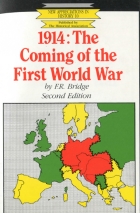
1914: The Coming of the First World War
ArticleClick to view -

1939 After Sixty Years
ArticleClick to view -

A Social History of the Welsh Language
ArticleClick to view -
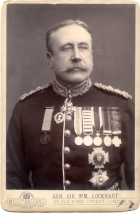
A Story in Stone: the Tirah War Memorial in Dorchester
ArticleClick to view -
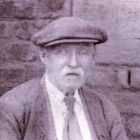
A Victorian deserter's family story: surviving a clash of loyalties
ArticleClick to view -
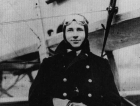
A Zeppelin VC remembered
ArticleClick to view -
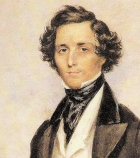
A sense of occasion
ArticleClick to view -
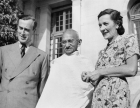
Admiral Lord Mountbatten: man of science and royal role model
ArticleClick to view -

After the Uprising of 1956: Hungarian Students in Britain
ArticleClick to view -
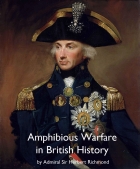
Amphibious Warfare in British History
ArticleClick to view -

An Intimate History of Your Home - Lucy Worsley
ArticleClick to view -
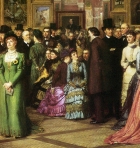
Anorexia Nervosa in the nineteenth century
ArticleClick to view -

Antarctica 100 years on from Captain Scott
ArticleClick to view -

Anti-Americanism in Britain during the Second World War
ArticleClick to view -
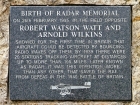
Arnold Wilkins: Pioneer of British Radar
ArticleClick to view

